How to Build Home Equity for First-Time Homeowners
Hibu Websites • March 3, 2020
Are you looking to invest in your first home this year? You’re not alone. Nearly 35% of new home sales are first-time buyers. While you are likely considering many things such as your budget, size, and cost of different homes, locations, etc., don’t forget to consider what will be one of your most valuable assets in this process; home equity.
What is Home Equity?
Home equity is the portion of your home that you actually own. Basically, you increase your home equity as your home value becomes higher than the remaining debt you owe. You can make a general calculation of your home equity by subtracting your loan or debt value from the market value of your home.
Once you have more than 50% home equity, you can be considered “equity rich.” Mortgage companies will work with you through the steps of building your home equity and be a valuable tool in the process. Having more home equity is beneficial to you because you can use it as a financial asset to tap into for larger purchases such as a bigger home in the future, to consolidate other debt, or even when planning your retirement.
Here are a few steps you can take to work towards increasing your home equity:
Start with a Large Down Payment
The first thing you should consider when building home equity is the size of your down payment. Most mortgage companies
recommend at least a 20% down payment if the homebuyer is using commercial loans. This means that if you want to start your homeownership with more home equity, you should strive to make an even larger down payment. The more you pay upfront, the more of your home you own from the start. This is a big decision to make as it ultimately will cost you more upfront. If you’re prepared for the upfront cost, it will allow you to start your home equity building process with a big step in the right direction.
Focus on Your Mortgage
Your mortgage is one of the main areas you should focus on to move closer to becoming “equity rich”. As you pay down the remaining debt on your home and pay off your mortgage, you will own more of your house and your equity will increase. There is always a required monthly amount you’ll need to pay. If you can make payments larger than that requirement, not only will that increase your equity, but it can also save you hundreds of dollars in interest as well. Make sure to do your research on mortgage companies before you choose which is best for your situation.
Use a Shorter Loan Term
The most common loan term used when people purchase a house is a 30-year loan. If you have the option and funds to start with a shorter term, 15 years, do it. With a shorter-term, you’ll pay off your loan in the half the time and have the luxury of being “equity rich” much sooner. You’ll also have access to that valuable financial tool sooner for big purchases or debt consolidation in the future.
If you’re not able to get a shorter-term loan from the mortgage companies you work with, look into a mortgage refinance options. Remember that refinancing isn’t always guaranteed and that you’ll likely need to have good credit scores and a low debt to income ratio. Make sure to stay away from a cash-out refinance as you’ll ultimately end up paying more mortgage which will set you back in your home equity building process. Before making any final decisions make sure to talk with a professional to find out which option works best for your situation.
Increase the Value of Your Home
One of the more budget-friendly options to increase your home equity is to increase the value of your home through renovations and enhancements. If you’ve purchased an older home, updating the appliances will add greatly to the value of the home. You’d also be surprised at how a fresh coat of paint and new flooring can make a big difference for the looks as well as value. Make sure that if you plan on making some big renovations, you either have the proper training or hire a skilled professional. Renovations gone wrong will not only lower the value of the home, but also cost you more money overall.
In Conclusion
As you start the process of purchasing a new home and building equity, these steps will help you take great leaps towards becoming “equity rich”. There are many mortgage companies to choose from when making this big decision. Colonial Mortgage Corp. has the experience and skills you need to have a positive home buying experience. They’ll do all they can to inform you of all of your options and help you make the best choices for yourself and your money. Contact them today to talk about your home buying needs.

Last year, the Federal Reserve took action to try to bring down inflation. In response to those efforts, mortgage rates jumped up rapidly from the record lows we saw in 2021, peaking at just over 7% last October. Hopeful buyers experienced a hit to their purchasing power as a result, and some decided to press pause on their plans.

It doesn’t matter if you’re someone who closely follows the economy or not, chances are you’ve heard whispers of an upcoming recession. Economic conditions are determined by a broad range of factors, so rather than explaining them each in depth, let’s lean on the experts and what history tells us to see what could lie ahead. As Greg McBride, Chief Financial Analyst at Bankrate, says:
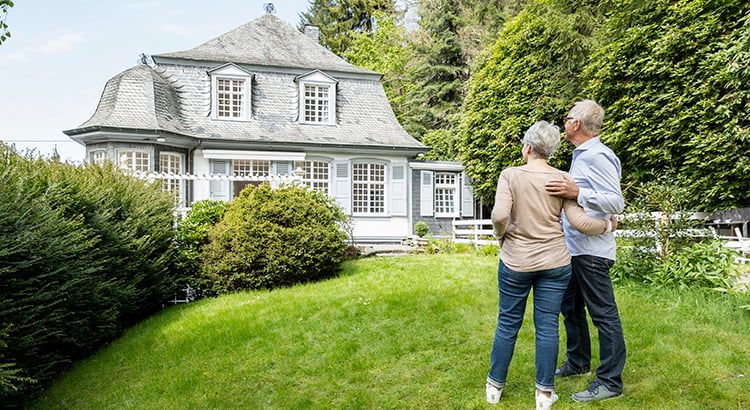
During the pandemic, second homes became popular because of the rise in work-from-home flexibility. That’s because owning a second home, especially in the luxury market, allowed those homeowners to spend more time in their favorite places or with different home features. Keep in mind, a luxury home isn’t only defined by price. In a recent article, Investopedia shares additional factors that push a home into this category: location, such as a home on the water or in a desirable city, and features, the things that make the home itself feel luxurious.
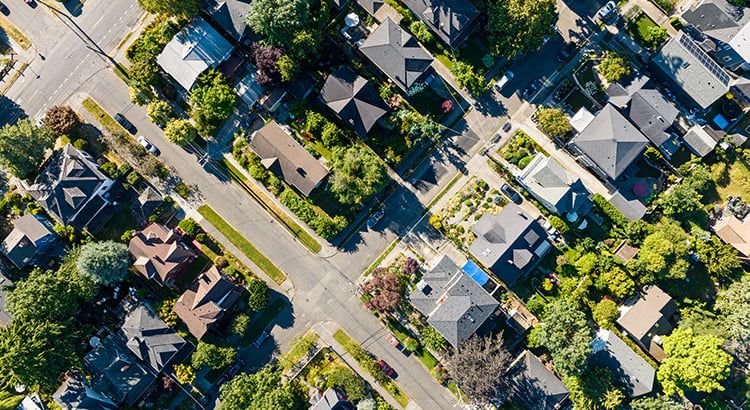
There’s no doubt today’s housing market is very different than the frenzied one from the past couple of years. In the second half of 2022, there was a dramatic shift in real estate, and it caused many people to make comparisons to the 2008 housing crisis. While there may be a few similarities, when looking at key variables now compared to the last housing cycle, there are significant differences.

If you’re thinking about buying or selling a home soon, you probably want to know what you can expect from the housing market this year. In 2022, the market underwent a major shift as economic uncertainty and higher mortgage rates reduced buyer demand, slowed the pace of home sales, and moderated home prices. But what about 2023?

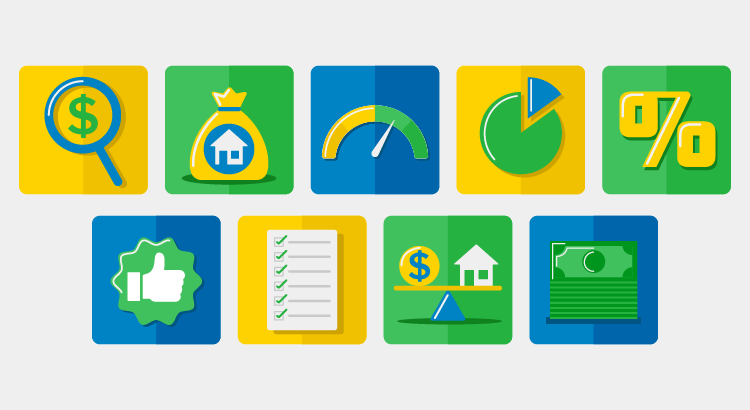
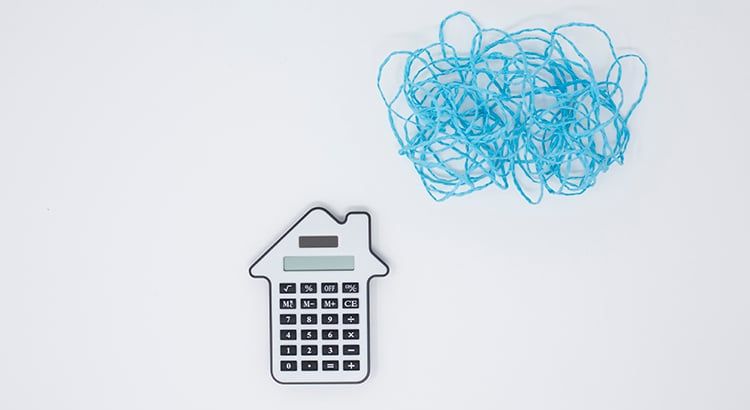
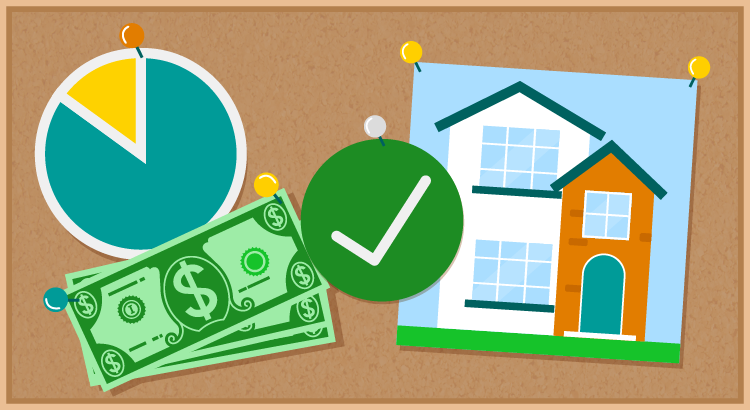
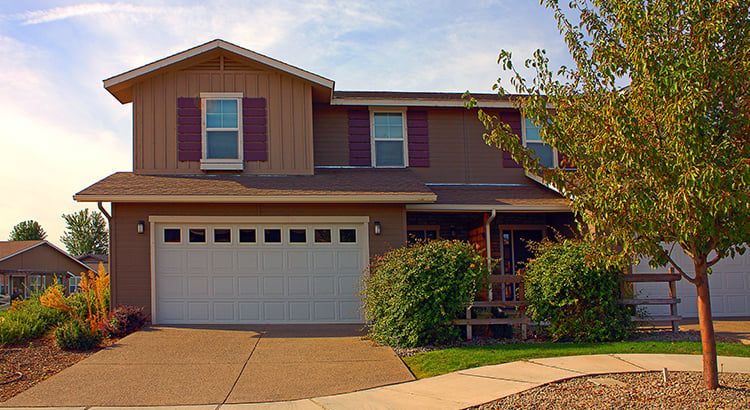
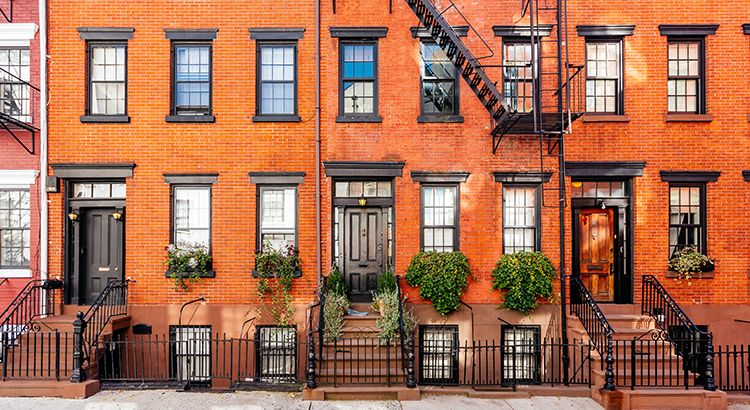
Share On: